
Get on Track with Trade
Trade raises productivity but may hurt some unless policies redistribute the benefits.
Recommendation
Global trade has become a flashpoint in the United States and other advanced economies, where opponents have cited foreign competition as the major culprit behind the disappearance of local manufacturing jobs. While this remains a minority view, the vocal and sometimes vitriolic stance of those who advocate it has moved the issue of trade to political center stage. This thoughtful article from economist Maurice Obstfeld paints a more nuanced picture of how trade affects jobs and the economy. getAbstract recommends this worthwhile read to those interested in the potential impact of isolationist trade policies, particularly in the United States.
Summary
About the Author
Maurice Obstfeld is the director of research at the International Monetary Fund.



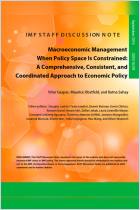
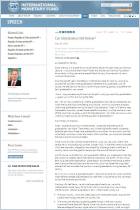
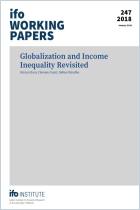
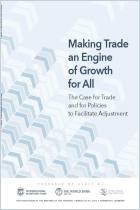
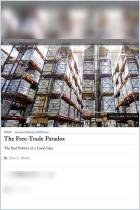
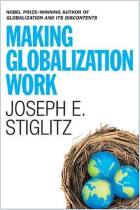
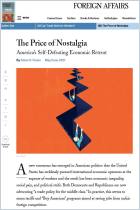


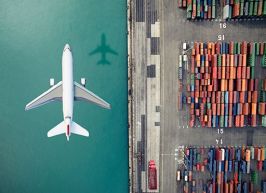
Comment on this summary